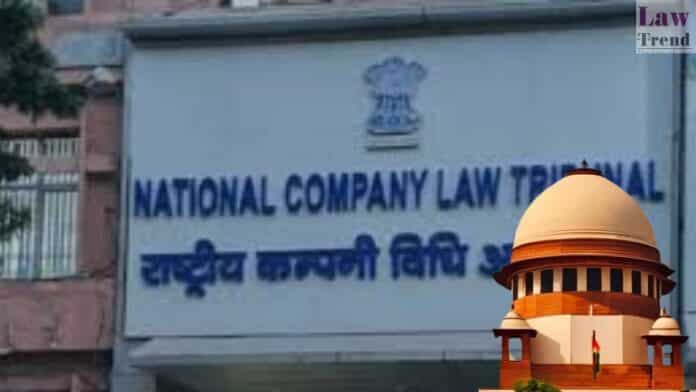The Supreme Court of India, in a significant ruling, has affirmed the National Company Law Tribunal’s (NCLT) authority to examine allegations of fraud and the validity of documents like gift deeds when adjudicating petitions concerning oppression and mismanagement under the Companies Act, 1956. A bench of Justices Dipankar Datta and K. Vinod Chandran set aside
To Read More Please Subscribe to VIP Membership for Unlimited Access to All the Articles, Download Available Copies of Judgments/Order, Acess to Central/State Bare Acts, Advertisement Free Content, Access to More than 4000 Legal Drafts( Readymade Editable Formats of Suits, Petitions, Writs, Legal Notices, Divorce Petitions, 138 Notices, Bail Applications etc.) in Hindi and English.




